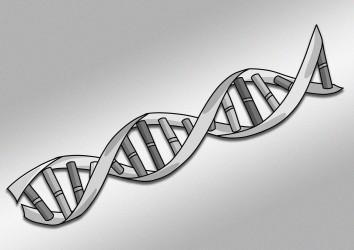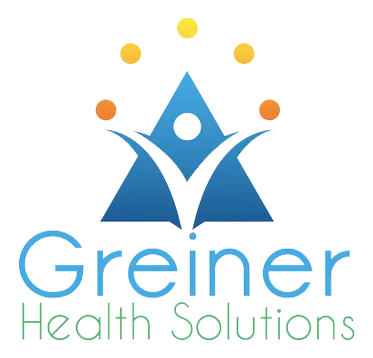 The Truth About Genes and Disease
The Truth About Genes and Disease
For years, we've been told that health outcomes were based around genetic characteristics we inherit from out parents. While genes play a role in our physiology, medicine has used a broad-based perspective and continue to perpetuate the myth that our genes are the most important factor in our health.
Let me say this first... disease doesn't occur because of bad luck. When people speak of genes, they usually speak in terms of curses or blessings. People say things like, "I'm blessed with good genes" or "I'm cursed with bad genes".
Today, we understand that many aspects of our genetic expression is controlled by the environment we create. This is called epigenetics or, adaptation of genes. Let's look at the difference between genes and adaptation of our genes through lifestyle.
Genetic Polymorphism: Genetic polymorphism is a change in the DNA sequence of a particular genotype. An example of this would be Down's Syndrome which has trisomy 21 (a triple chromosome at 21). The third chromosome leads to growth abnormalities and mental retardation. This process occurs during the congenital period inside the mother's womb.
Epigenetic Adaptation: This is a change of genetic expression without any change in the DNA sequence. Specific genes are "turned on" or "turned off" based on the environmental stimuli acting upon them. These changes occur after birth as the person is exposed to physical, chemical and emotional stressors.
All of this is great news because if we can change our genetic expression by changing our lifestyle, we can improve our health and quality of life. Reducing stress, eating whole foods, avoiding toxins, periodic and intermittent fasting, plenty of sleep, and detoxification helps protect our genetic stability and reduces risk of chronic disease.
1. Portela A, Esteller M. Epigenetic modifications and human disease. Nat Biotechnol. 2010 Oct;28(10):1057-68.
2. Weinhold B. Epigentics: The Science of Change. Environmental Health Perspectives. 2006;114(3)A160-A167
